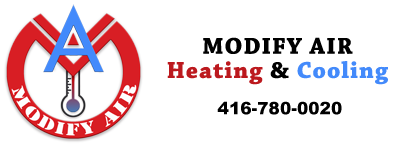Our Products
Ventilation
HRV
Heat recovery ventilation (HRV), also known as mechanical ventilation heat recovery (MVHR), is an energy recovery ventilation system using certain equipment that employs a cross flow or counter-flow heat exchanger between the inbound and outbound air flow. HRV provides fresh air and improved climate control, while also saving energy by reducing heating (and cooling) requirements for many applications including vehicles.
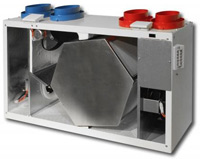
ERV
Energy recovery ventilation (ERV) is the energy recovery process of exchanging the energy contained in normally exhausted building or space air and using it to treat (precondition) the incoming outdoor ventilation air in residential and commercial HVAC systems. During the warmer seasons, the system pre-cools and dehumidifies while humidifying and pre-heating in the cooler seasons.
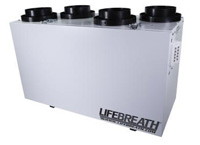
Air Ventilator
Ventilation is mainly used to control indoor air quality by diluting and displacing indoor pollutants; it can also be used for purposes of thermal comfort or dehumidification when the introduction of outside air will help to achieve desired indoor psychrometric conditions.
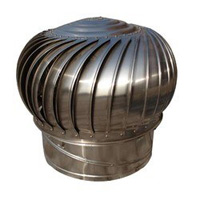
Heating
Boiler
A boiler is a closed vessel in which water or other fluid is heated. The fluid does not necessarily boil. The heated or vaporized fluid exits the boiler for use in various processes or heating applications, including water heating, central heating, boiler-based power generation, cooking, and sanitation.
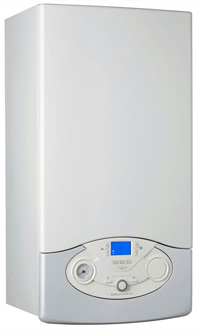
Furnace
A furnace is a device used for high-temperature heating. The name derives from Greek word fornax, which means oven. The heat energy to fuel a furnace may be supplied directly by fuel combustion, by electricity such as the electric arc furnace, or through induction heating in induction furnaces.
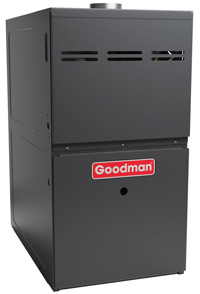
Air handler
An air handler is usually a large metal box containing a blower, heating or cooling elements, filter racks or chambers, sound attenuators, and dampers. Air handlers usually connect to a ductwork ventilation system that distributes the conditioned air through the building and returns it to the Air Handler Unit.
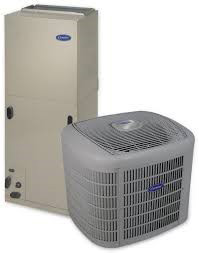
Heat Pump
For climates with moderate heating and cooling needs, heat pumps offer an energy-efficient alternative to furnaces and air conditioners. Like your refrigerator, heat pumps use electricity to move heat from a cool space to a warm space, making the cool space cooler and the warm space warmer.
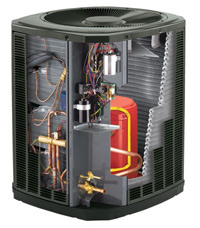
Hot Water tank
A hot water tank is a water tank used for storing hot water for space heating or domestic use. An efficiently insulated tank can retain stored heat for days, the most typical, in the domestic context, is a fossil-fuel burner supplemented by electric immersion elements.
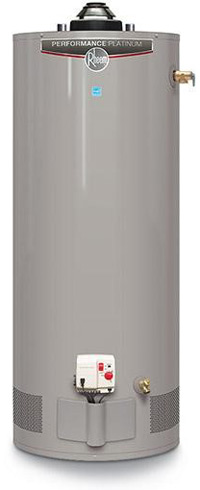
Tank less hot water
Tankless water heaters heat water directly without the use of a storage tank. When a hot water tap is turned on, cold water travels through a pipe into the unit. Either a gas burner or an electric element heats the water. As a result, tankless water heaters deliver a constant supply of hot water.
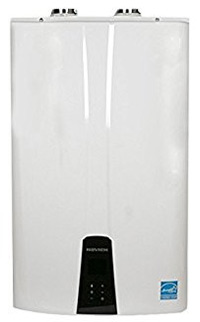
Roof top units
A rooftop packaged unit or RTU is a device used to regulate and circulate air as part of a heating, ventilating, and air-conditioning (HVAC) system.
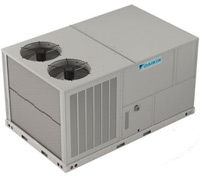
Unit Heaters
Unit Heater is mostly used for commercial premises in which an electric fan blows air through a coil heated by hot water, steam, electric resistance, or gas combustion and provides a directed supply of warm air where needed.
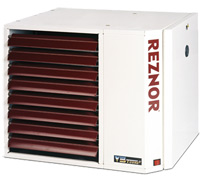
Tube Heaters
Radiant tube heaters are gas-fired infrared heating devices and rank among the group of decentralised heating systems. As opposed to central heating systems, they are characterised by the fact that their heat is precisely generated at the place where it is needed (warehouse, workplace, greenhouse etc). A radiant tube heater outputs infrared radiation via its long dark radiant tubes.
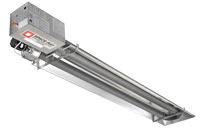
Fan Coil
A Fan Coil Unit (FCU) is a simple device consisting of a heating and/or cooling heat exchanger or 'coil' and fan. It is part of an HVAC system found in residential, commercial, and industrial buildings.

Thermostat
A thermostat is a component which senses the temperature of a system so that the system's temperature is maintained near a desired set point. A thermostat can often be the main control unit for a heating or cooling system, in applications ranging from ambient air control, to such as automotive coolant control, but is also used in many other applications, such as an electric clothes iron.

Air Conditioning
All kinds of Ductless Air condition
A ductless mini-split air conditioner is one solution to cooling part of a house or commercial office. Their small size and flexibility for zoning or heating and cooling individual rooms are one of their features. Many models can have as many as four indoor air handling units (for four zones or rooms) connected to one outdoor unit.
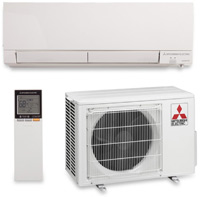
Humidifier
A humidifier is a device that increases humidity (moisture) in a single room or an entire building. In the home, point-of-use humidifiers are commonly used to humidify a single room, while whole-house or furnace humidifiers, which connect to a home's HVAC system, provide humidity to the entire house.
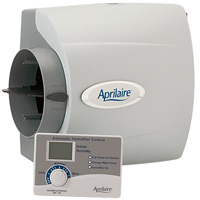
Dehumidifier
A dehumidifier is generally a household appliance which reduces the level of humidity in the air, usually for health or comfort reasons, or to eliminate musty odour. Large dehumidifiers are also used in commercial buildings such as indoor ice rinks to control the humidity level.
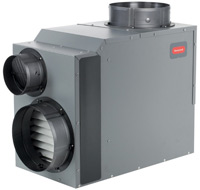

Frequently asked questions!
✓ How often do I need to service my boiler?
In order for your boiler to work as efficient as possible can and to increase its lifespan, it is recommended to service your boiler on annual basis.
✓ What is the ideal room temperature?
The ideal room temperature is what you feel comfortable in it, however often you can find a convenient room temperature between 18℃– 25℃ or 72℉ - 76℉.
✓ Why would I need to use a humidifier?
Humidifier holds the warm weather for longer in the room during the winter and therefore your furnace will not switch on as often which will result in being more cost efficient way of warming your house.
✓ Why would I need a new furnace?
If you change your furnace from mid efficiency to high efficiency you will save on average 35% - 40% energy which in the long run will add up to be thousands of $.
✓ What is the comfort level of humidity at home?
The recommended level of humidity at home is between 35ph – 40ph.
✓ How do I ensure my appliances are safe to avoid being sold anything at the door?
By making sure your heating and cooling system is serviced every year you can be sure that they are safe and efficient. If you have ever been approached by anyone claiming to be an official government employee wanting to check your heating and cooling system always make sure to get an independent second opinion before agreeing to anything.
✓ What is the difference between tankless water and hot water tanks?
Hot water tanks stores hot water within it and often you can find them in your basement as opposed to tankless water which takes a small space in comparison to hot water and does not store any water within it. The down side of hot water tank is due to storing water for a long periods of time often you will find that different bacteria grows inside the tank and you can also find traces of rust which is not healthy for your body. On the other hand tankless water gives you an immediate unlimited hot water which is a lot cleaner.
